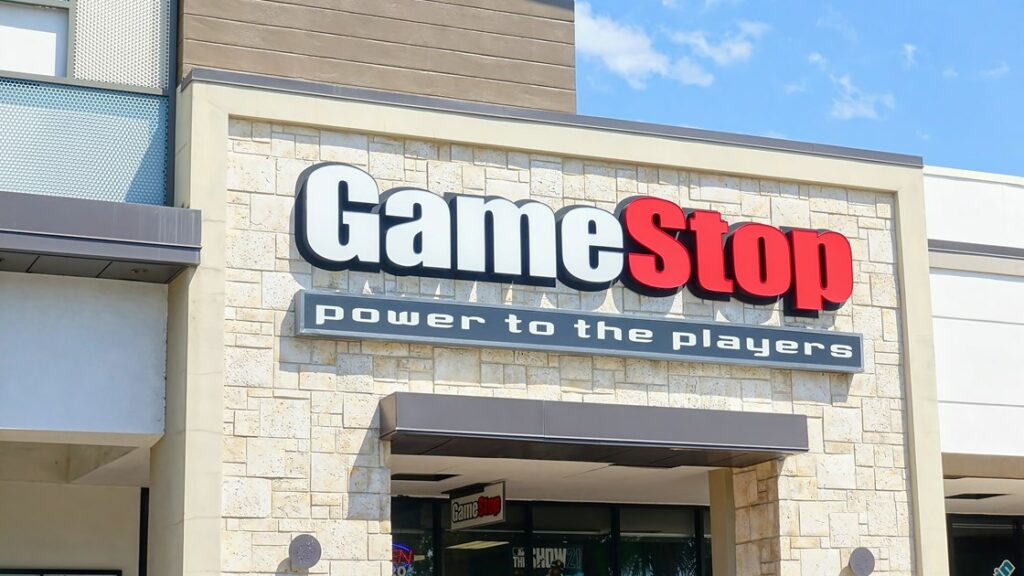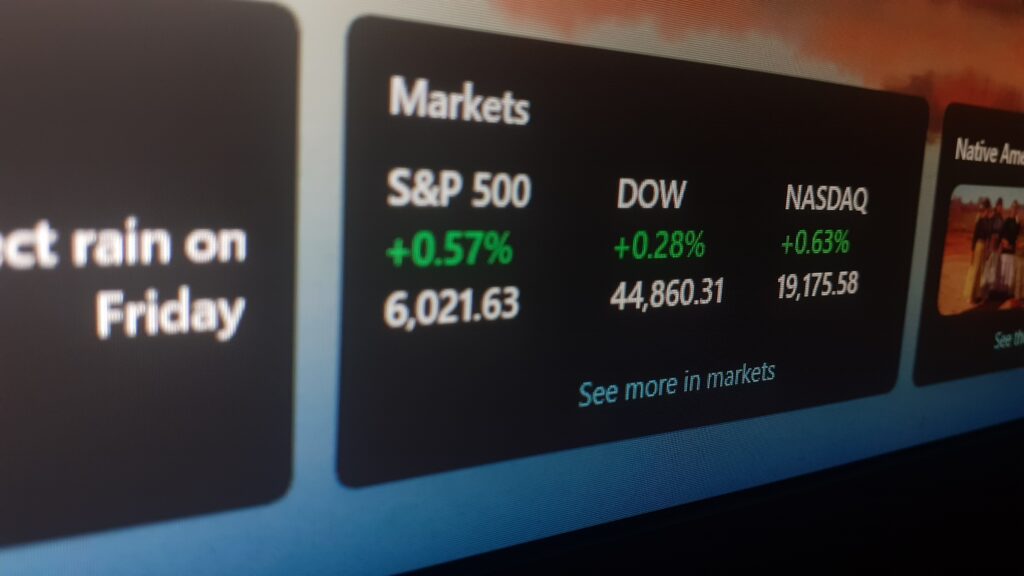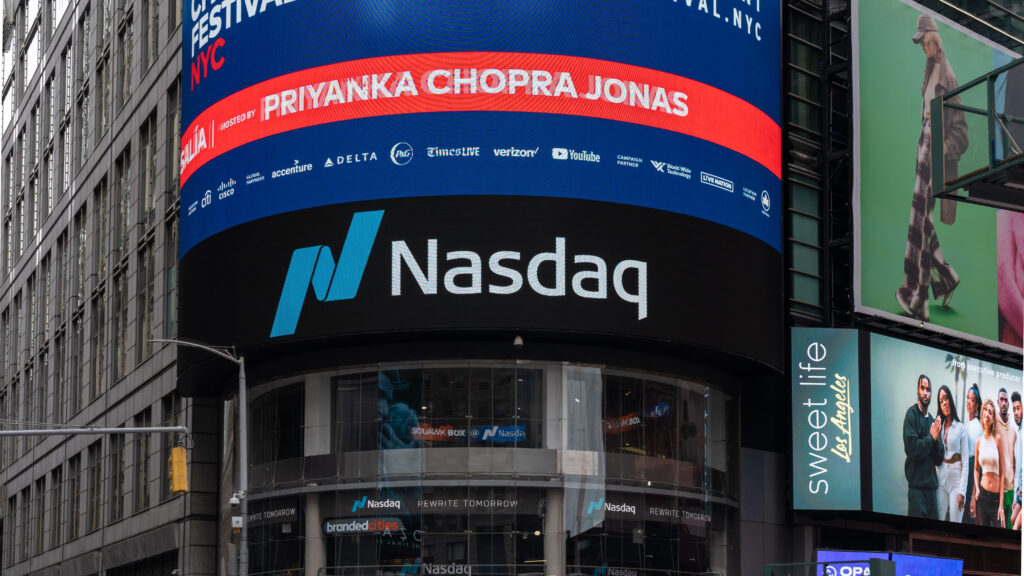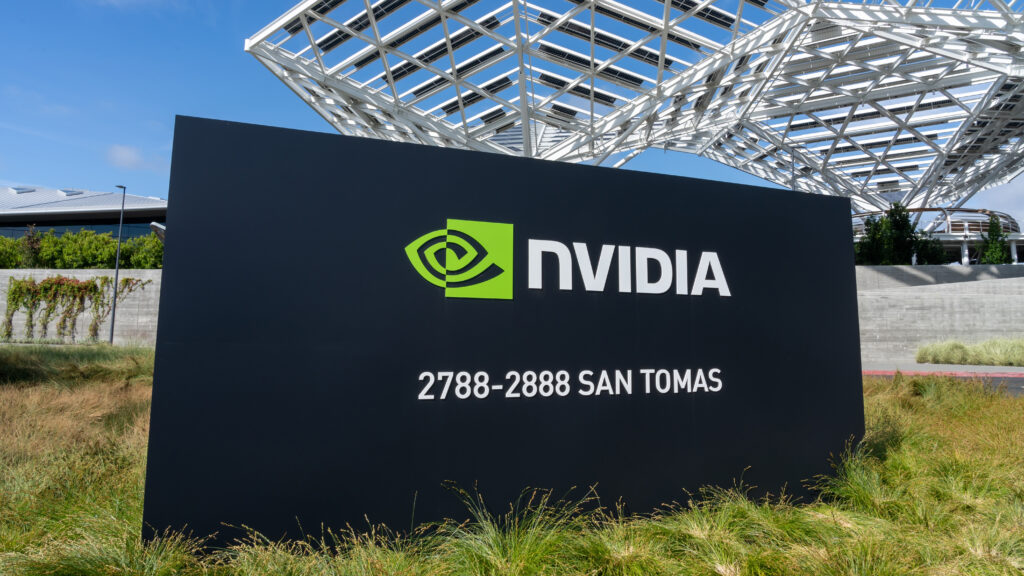Ticker Symbol: GME
The meme stock king GameStop’s shares are trading up 10% in the morning trading session after announcing that the company is entering into a partnership with cryptocurrency exchange FTX. The shares were up despite the company reporting a high cash burn and sales that missed analystestimates in its second-quarter earnings call for fiscal 2022. On a year-to-date basis, shares are down 31%, last exchanging hands at $26.50. The company’s shares were split by a four-to-one ratio in July.
GameStop, which has traditionally functioned as a video game retailer with almost 5,000 stores across the globe, has been undergoing a major shift in its strategic vision in recent years. New management has been transitioning the retailer away from the business of physical sales of games and towards cryptocurrencies and non-fungible tokens (NFTs). The financial terms of the deal with FTX, which happens to be one of the largest cryptocurrency exchanges in the world, however, were not disclosed.
The company reported an adjusted loss per share of 36¢ against an analyst estimated loss per share of 42¢, and the year-ago loss of 21¢ per share. Net sales declined 4% year over year to $1.14 billion, missing the average estimate of $1.28 billion from Wall Street. Hardware and accessories net sales were down 2.2% from the year-ago period to $594.4 million, and software sales tumbled 20% to $316.4 million. Collectibles were the one bright spot for the company, as sales surged 26% to $223.2 million.
GameStop reported a negative cash flow of $124 million for the quarter, but that was a significant reduction from a cash burn of $274 million in the first quarter of the year. The company managed expenses better during the quarter and was able to eek out a better operation margin. The company ended the quarter with cash on hand of $909 million. The retailer also had an inventory of roughly $735 million as of July 31st.
Ryan Cohen, the founder of the e-commerce pet food delivery company Chewy, who became Chairman of the board in 2021, has tried to push the retailer to pivot toward the burgeoning crypto field. The company launched a digital asset wallet in May and started selling IMX, an Ethereum token for the trading of NFTs, in February. The company recorded $77.3 million in revenue from the sale of digital assets during the quarter.
The company has outlined plans to become an online marketplace for video games and related products hoping they become a “super app” for gaming. GameStop plans to differentiate itself from other NFT trading hubs such as Coinbase, by catering to its needs to gamers specifically. Management has outlined plans to dominate the ecosystem where gamers can buy games, and trade gaming related NFTs and other crypto assets all from one place.
Currently, GameStop primarily sells games for console manufacturers such as Xbox, PlayStation, and Nintendo, instead of PC-native games. The firm would have to manage a transition towards PC gaming while simultaneously launching the crypto ecosystem to meet its value proposition. Covid lockdowns and a shift of video game sales away from physical discs to downloadable software have wreaked havoc on the company’s financial position.
This content is provided for general information purposes only and is not to be taken as investment advice nor as a recommendation for any security, investment strategy or investment account.






